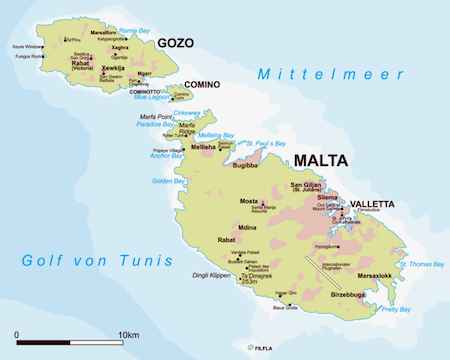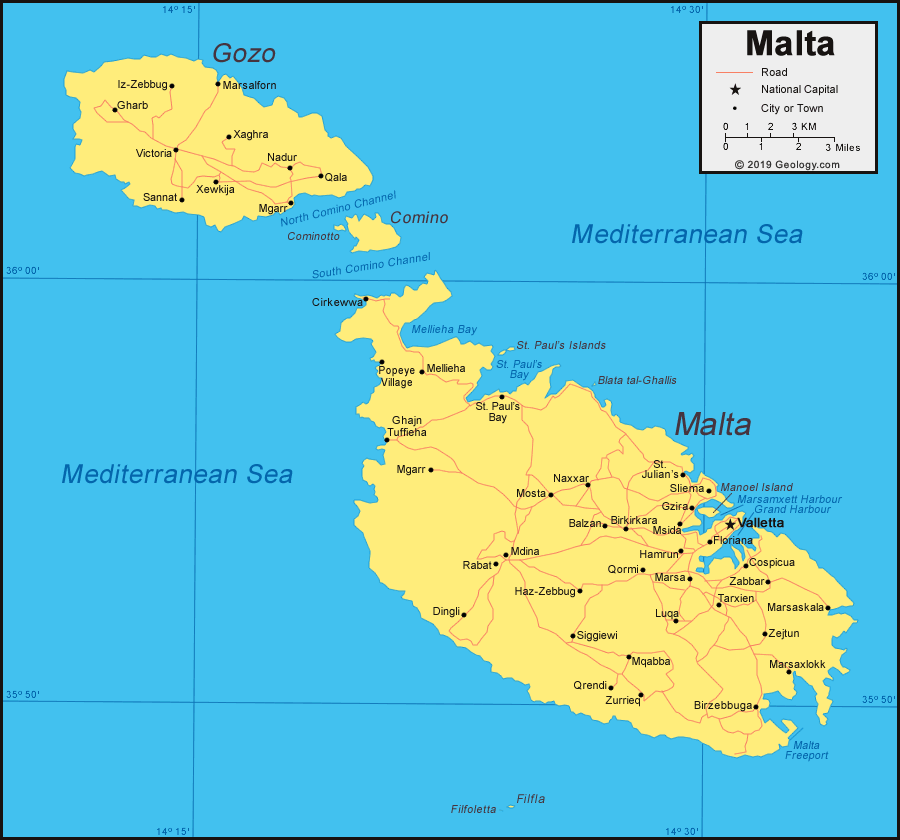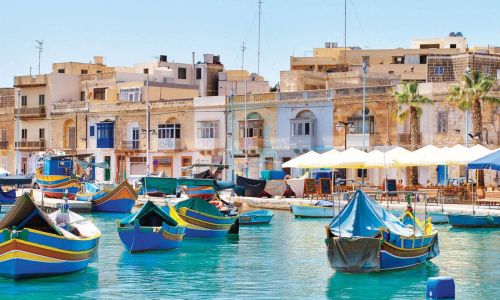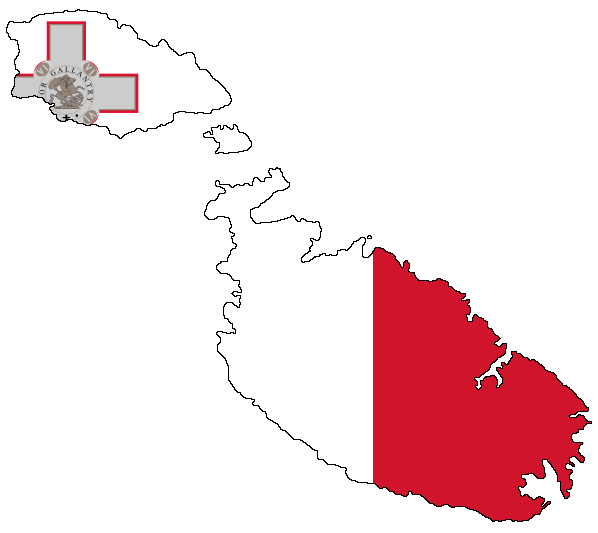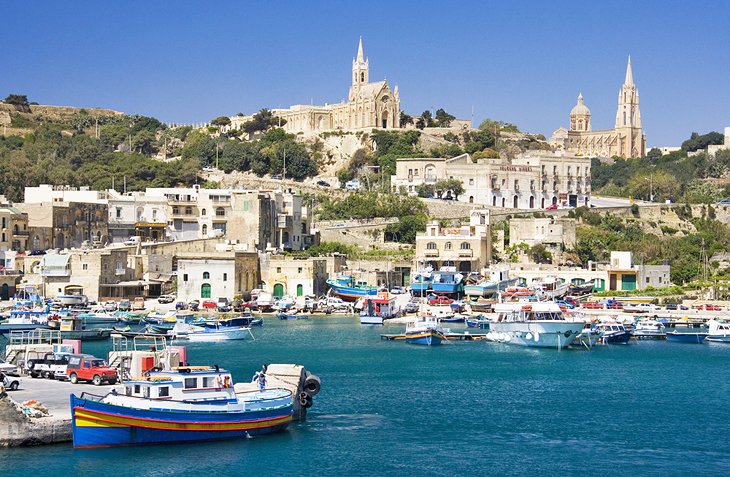Introduction
The Mediterranean continues to be a perilous route for migrants seeking refuge in Europe. Despite the increasing dangers and risks associated with such crossings, many are undeterred by the challenges and continue to make the journey.
Unfortunately, the efforts to reduce the number of fatalities and improve the lives of those affected have been marred by misinformation, political hand-wringing, and a lack of accountability.
A recent incident off the coast of Malta involving the German NGO Sea-Eye has underscored the urgency of the problem and the need for a more effective and humane response.
Sea-Eye’s Accusations of Maltese Negligence
The relationship between Malta and Sea-Eye has been fraught with tension for some time. However, the latest incident centered on a Sea-Eye vessel named “Alan Kurdi,” which was carrying 133 migrants.
The vessel was left stranded for over a week in international waters after being denied entry by Malta and Italy. Sea-Eye accused Malta of refusing to carry out its obligation to provide a “place of safety” to the migrants and accused Maltese authorities of engaging in scandalous and dangerous behavior that put lives at risk. Malta denies these allegations and maintains that it has been fulfilling its duties under international law.
The Legal Obligations of Malta
Malta, as a signatory to various international conventions, has legal obligations and responsibilities vis-a-vis migrants rescued at sea. The most important of these is the principle of non-refoulement, which stipulates that a state cannot return someone to a country where they would be at risk of persecution or serious harm.
In practice, this means that if a migrant vessel is intercepted by a state’s rescue authorities, the state must ensure that the migrants are disembarked in a place of safety and have their basic needs met.
However, many states in the region are struggling to meet their obligations, and responsibility-sharing remains a contentious issue. The Dublin Regulation, which governs the allocation of responsibilities among EU member states in processing asylum claims, has been deemed inadequate in addressing the current situation and reform proposals are currently being discussed.
The Humanitarian Crisis – The Plight of Migrants at Sea
At the heart of the issue is the fact that many migrants are fleeing desperate situations in their home countries and have no other option but to risk their lives in search of safety. Conditions aboard the vessels carrying them are often squalid and unsafe, and the journey is fraught with risks such as dehydration, starvation, and exposure to the elements. Even after rescue, the migrants face an uncertain future as they navigate the asylum process in their host countries.
The psychological toll of the crisis on survivors is also significant, with many suffering from post-traumatic stress disorder or depression. Children are particularly vulnerable, and reports of abuse and exploitation of minors have been widespread.
The Role of NGOs in Search and Rescue
Against this backdrop, NGOs have played a vital role in search and rescue operations. These organizations, like Sea-Eye, fill a critical gap in the operations of state authorities and have been credited with saving thousands of lives. However, they have also faced criticism for their role, with some accusing them of encouraging more migration and collaborating with migrant smugglers.
The legal framework governing the actions of NGOs is complex, with various conventions and laws governing the interception and rescue of vessels in distress. However, the hostilities towards NGOs operating in the area and the ongoing tension between NGOs and states in the region pose significant challenges to their operations.
The EU’s Response to the Crisis
The EU’s approach to securing its borders has attracted significant international attention and criticism. One aspect of this has been the financing of the Libyan coast guard to intercept and return migrants to Libya. Human rights groups have criticized this approach as breaching international law and exposing migrants to mistreatment and abuse at the hands of the Libyan authorities.
The EU has also been critical of NGOs, including Sea-Eye, and has accused them of being complicit in the smuggling of migrants. The EU’s focus on externalizing migration control to other states, like Turkey, has also been criticized for putting the onus of responsibility on countries that may not have the capacity or political will to deal with the issue.
Conclusion
The situation in the Mediterranean is complex, with many different actors, interests, and challenges at play. However, it is clear that saving lives and protecting human rights must be the top priority.
There is a need for greater accountability and transparency in the operations of state authorities and NGOs, as well as for a more coordinated and effective approach to responsibility sharing.
Ultimately, it is the responsibility of all states in the region to ensure that they uphold their legal obligations and take the necessary steps to address the underlying factors causing the crisis.
FAQ:
Q: Why are migrants fleeing to Europe?
A: Migrants are fleeing to Europe due to a range of factors, including persecution, war, political instability, economic hardship, and climate change.
Q: What is the Dublin Regulation?
A: The Dublin Regulation is a piece of EU legislation that governs the allocation of responsibilities among EU member states in processing asylum claims.
Q: What is the principle of non-refoulement?
A: The principle of non-refoulement is a fundamental principle of international law that prohibits states from returning people to countries where they would be at risk of persecution or serious harm.
Q: What is the role of NGOs in search and rescue operations?
A: NGOs play a vital role in search and rescue operations in the Mediterranean by filling a critical gap in the operations of state authorities and have been credited with saving thousands of lives.








